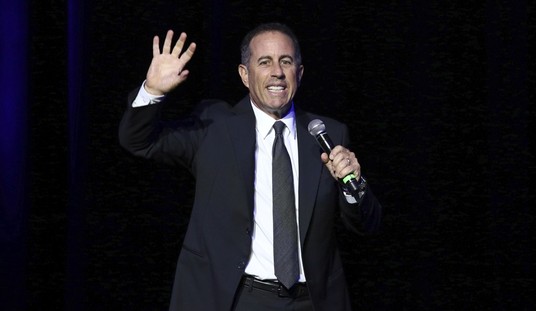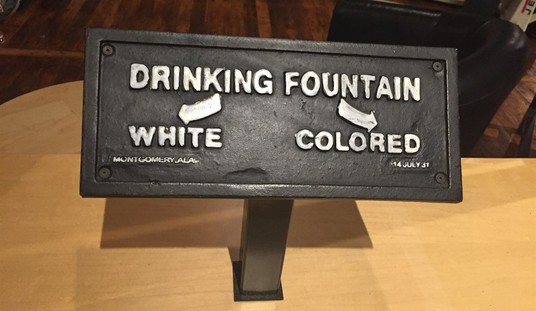In one of the biggest ironies of the year, mainstream press outlets like The Washington Post and The New York Times are complaining about allegedly being throttled by Elon Musk.
Vindictive abuse of power https://t.co/FseGOQ9mmA
— Marty Baron (@PostBaron) August 15, 2023
The company formerly known as Twitter has been slowing the speed with which users could access links to the New York Times, Facebook and other news organizations and online competitors, a move that appeared targeted at companies that have drawn the ire of owner Elon Musk.
Users who clicked a link on Musk’s website, now called X, for one of the targeted websites were made to wait about five seconds before seeing the page, according to tests conducted Tuesday by The Washington Post.
Reading that, I feel like an old salt watching a new deckhand complain about getting wet. Just to be clear, these major press outlets are crying profusely because a redirect to their sites took a few seconds to load. As far as we know, their sites still show up in the trending news section and other algorithmic boosters built into X.
Compare that to the ongoing throttling regime that conservative sites like RedState face from Facebook. Did the Post rush to our aid when we lost a huge portion of our traffic (and income) because Mark Zuckerberg decided people didn't need to see our site in his algorithm and that sharing of our articles needed to be limited for the supposed common good? Of course, not. Instead, the mainstream press outlets cheered it as a valuable shot fired in the fight against "disinformation."
For years and years, the Post and other mainstream press outlets complained that "right-wing" news sources were too prevalent on Facebook. They've even directly participated in farcical "fact-checking" regimes that throttle articles based on completely biased interpretations of said facts. They couldn't have conservative sites giving honest perspectives on subjects like transgenderism and climate change. Instead, we needed to be put in our place lest "disinformation" interfere in our elections. Sure enough, the hammer eventually came down, and we've had to find other ways to survive (which is why becoming a VIP member is so important).
It's funny. I don't see the Post complaining about Google ad services demonizing articles because they tell the truth about certain issues. Isn't that worse than a five-second redirect? But the Post agrees with that type of throttling so why would any of its writers say anything?
Besides, who can forget how silent the press was when Facebook and what was then Twitter moved to censor the Hunter Biden story just prior to the 2020 election? In fact, many mainstream press outlets praised the move. It wasn't until long after the votes were cast that you finally started to see some attrition on the issue.
So yeah, I feel a sense of schadenfreude watching the Post and others complain about being throttled (and apparently, the throttling has already been reversed per the Post's write-up). The mainstream press has taken advantage of throttling for years to boost their revenue and harm other outlets they disagree with. Now, I'm supposed to be up in arms when it sort of happens to them, but not really, and only for a short period? On the contrary, I can think of many better things to do.














Join the conversation as a VIP Member